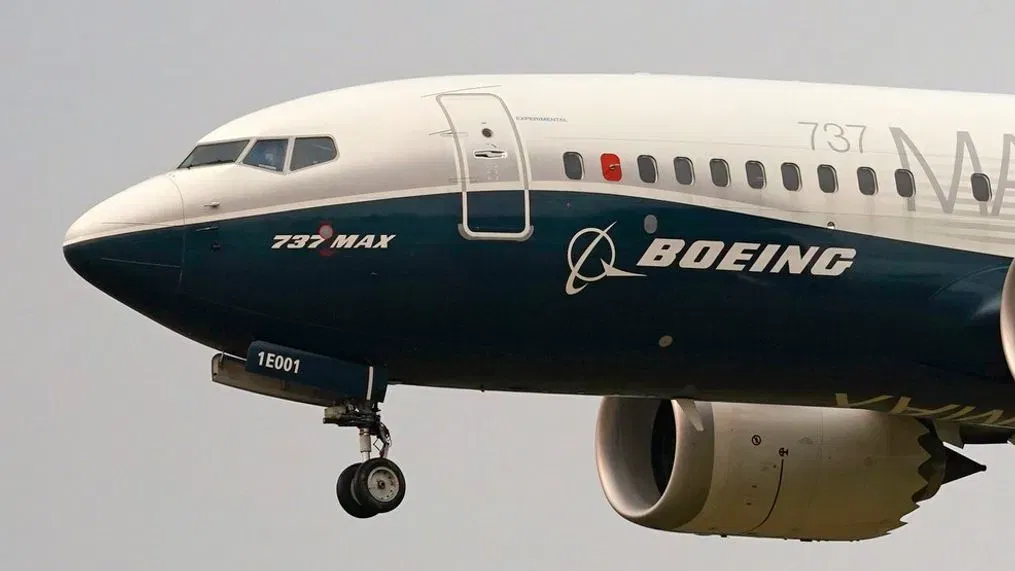Addressing Challenges at Boeing: A Long-Term Commitment
3 min read

Fixing Boeing, the beleaguered American aerospace giant, is a “very long-term project,” according to the head of the Federal Aviation Administration (FAA). This statement came during a congressional hearing where lawmakers urged the agency to enforce stricter measures to compel Boeing to address its ongoing issues.
Ahead of the hearing, Democratic lawmakers revealed troubling findings from an internal staff survey conducted by Boeing in May. The survey indicated that over half of Boeing’s employees believed “schedule pressures” had led their teams to compromise on standards. Moreover, less than two-thirds felt they had adequate training or the necessary tools to perform their jobs effectively. In response, Boeing acknowledged the need for improvement, stating, “We’ve taken important steps to foster a safety culture that empowers and encourages all employees to share their voice, but it will require continuous focus.”
Boeing’s safety and quality concerns have intensified following an alarming incident in January, when a part of a new passenger plane broke off mid-flight. This event raised red flags about the company’s commitment to improving manufacturing processes and safety controls, especially in light of the fatal crashes involving two of its aircraft five years ago.
During the hearing, Senator Richard Blumenthal stressed the necessity for regulators to adopt a more aggressive stance toward Boeing. He expressed skepticism about the effectiveness of the FAA and Boeing’s current improvement plans, suggesting they resembled recycled safety commitments from previous years. His apprehensions regarding inadequate oversight were echoed by several Republican colleagues, who highlighted that whistleblowers from within Boeing continued to approach lawmakers with allegations of retaliation and issues regarding the selection of inspectors.
“We need tough oversight,” declared Senator Josh Hawley. “I want to ensure your agency is holding their feet to the fire.”
FAA Administrator Mike Whitaker maintained that the agency now has appropriate regulations in place to enhance Boeing’s operations. He pointed to an FAA order that restricts Boeing to producing a maximum of 38 aircraft per month and mandated that the company employ advanced technology for tracking tools and materials.
“It’s a much more intensive level of engagement, and we plan to maintain that indefinitely,” Whitaker stated. “The goal here is a culture change at Boeing, and that is a very long-term project.”
Senator Blumenthal, however, criticized the production cap as merely a series of “half measures,” noting that Boeing is currently producing far fewer aircraft than its capacity allows. He labeled the 11 inspectors the FAA has stationed at Boeing’s Renton, Washington factory as “inadequate” and raised concerns that the FAA might be giving Boeing excessive notice before regulatory audits.
Blumenthal suggested that more effective strategies could be implemented to pressure Boeing into making substantial changes, such as capping executive compensation.
The hearing coincided with ongoing labor disputes, as over 30,000 factory workers in the Pacific Northwest remain on strike, advocating for improved pay and benefits. This strike underscores the broader issues facing Boeing, emphasizing the urgent need for systemic change within the company.
As the FAA and Boeing navigate this complex landscape, the focus remains on rebuilding trust and ensuring the safety of the aerospace giant’s products. Both the agency and the company must commit to fostering a culture of accountability and transparency, addressing not just the symptoms of the problems but their root causes.
Ultimately, while there is recognition of the challenges ahead, the path to fixing Boeing requires sustained effort, collaboration, and a willingness to prioritize safety above all else. The commitment to a long-term project indicates that both the FAA and Boeing understand the gravity of the situation, but it remains to be seen whether their actions will match their words in the months and years to come.